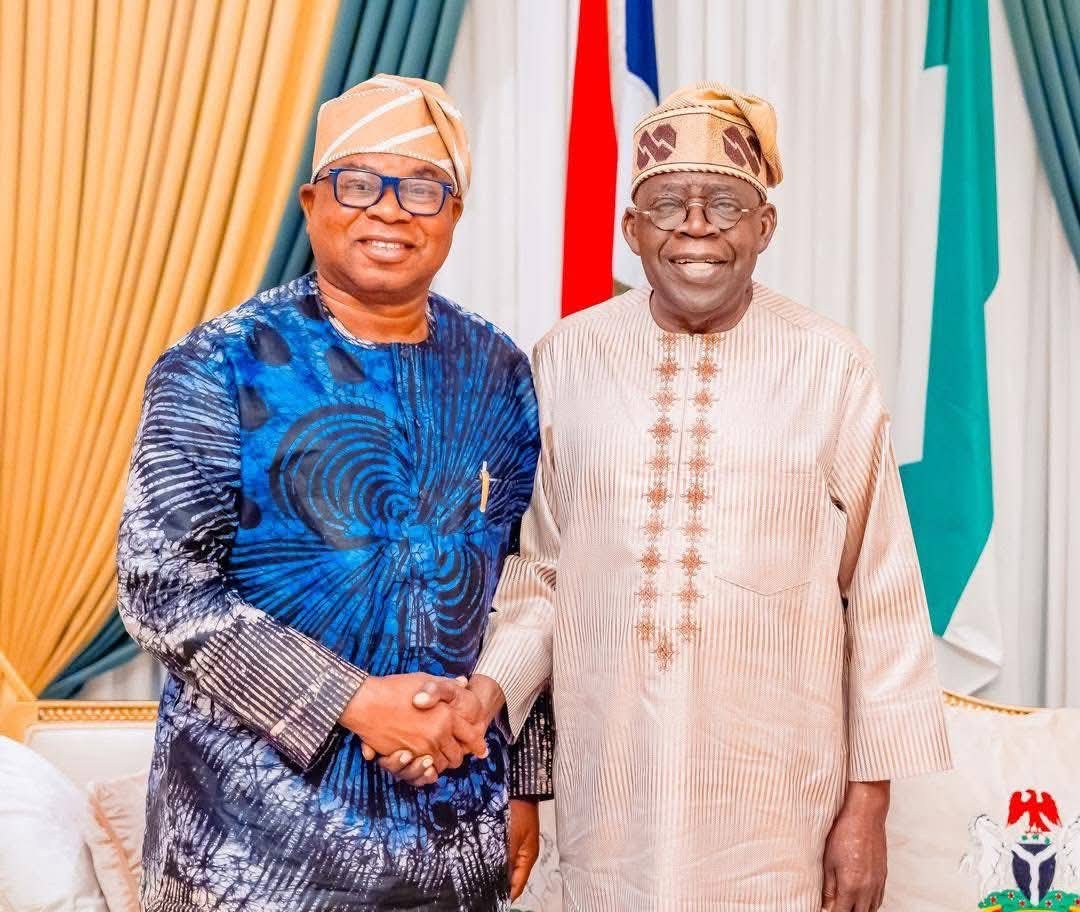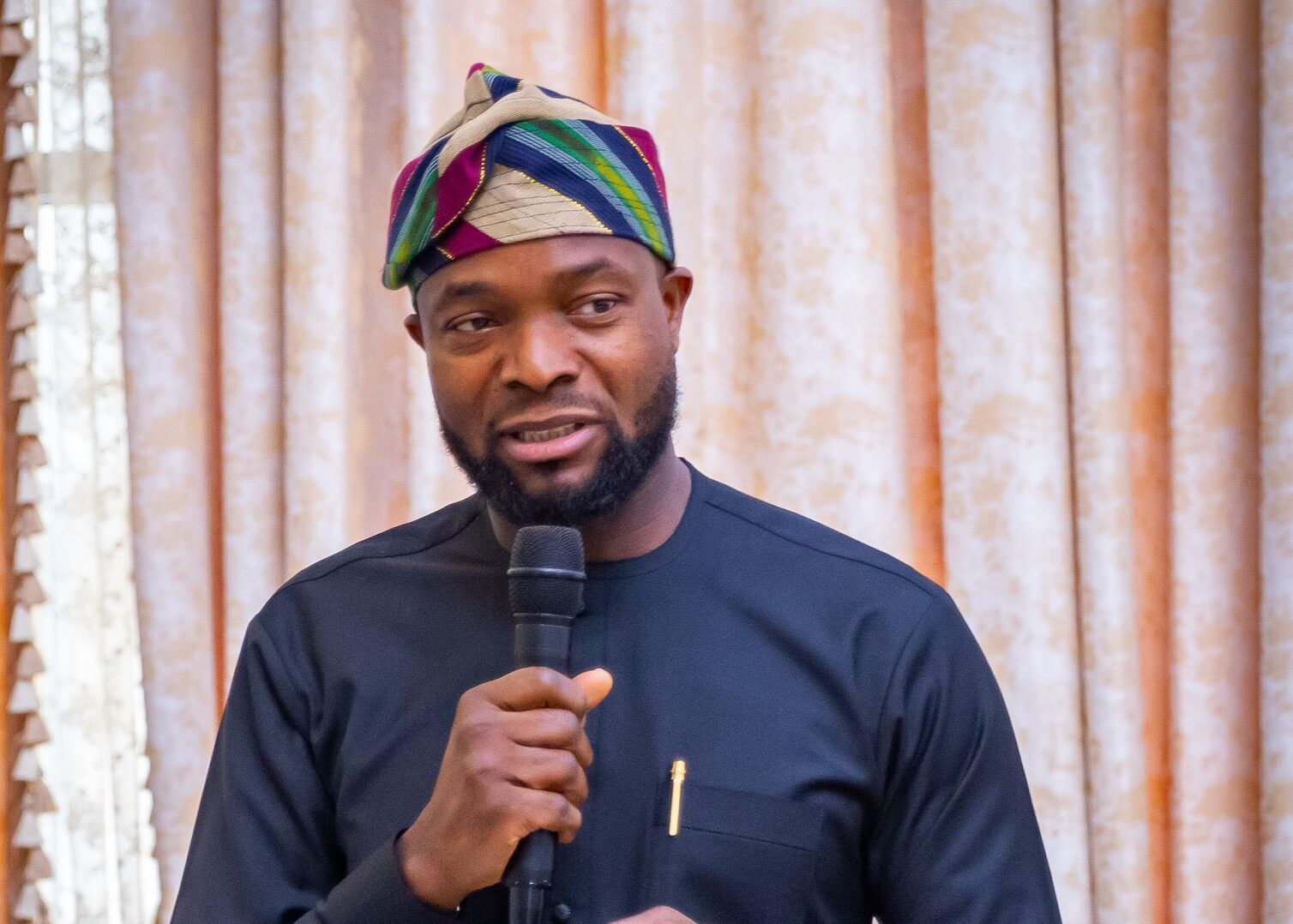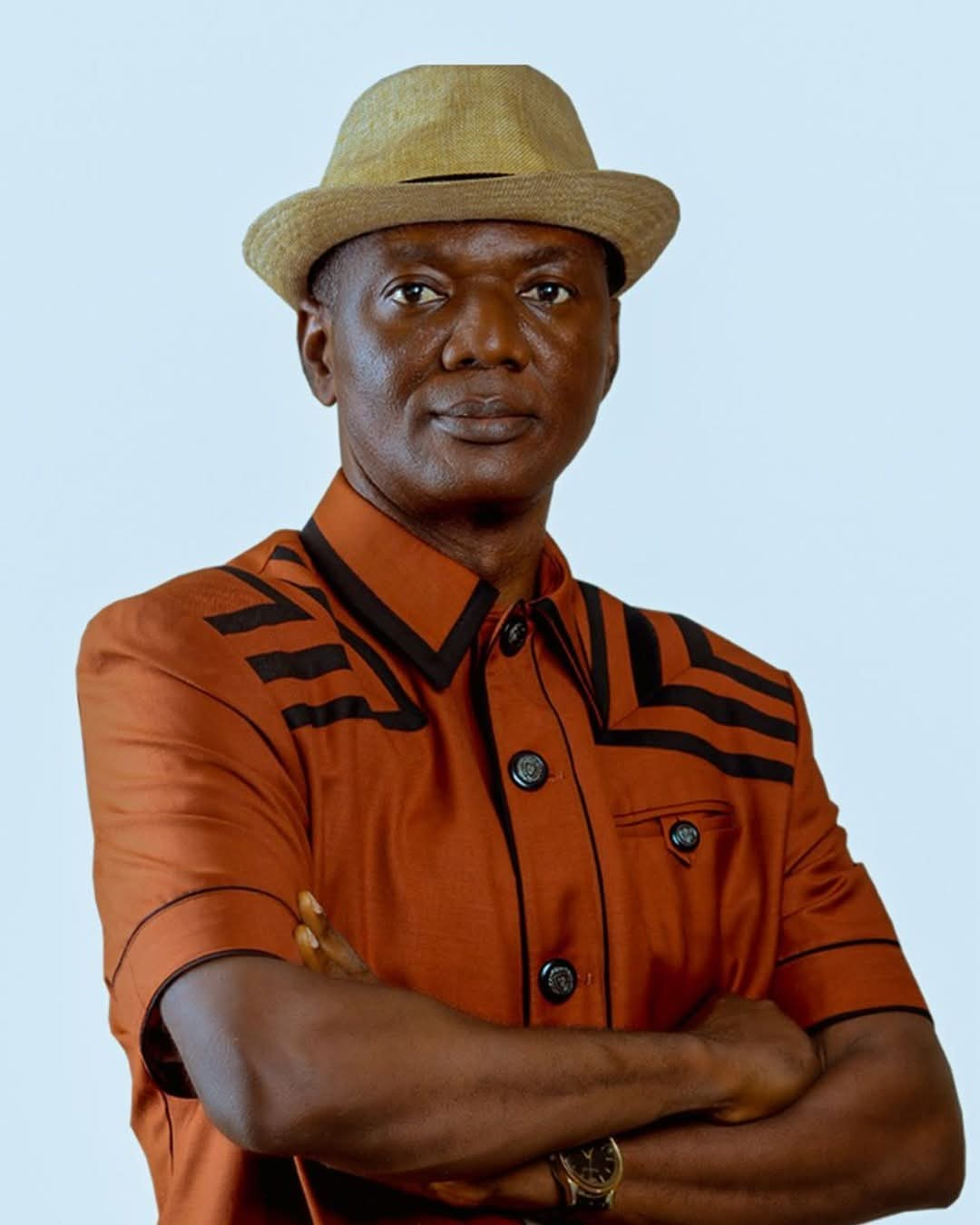Tens of senior military officers, in the ranks of major generals, brigadiers-general, air vice marshals, and admirals may have to proceed on compulsory retirement following the appointment of new service chiefs on Monday made by President Bola Tinubu.
The retirement will also be followed immediately by promotion of some serving officers to next ranks in order to fill the vacuum to be left by the development.
This is coming at the background of retirement of 24 major generals and 38 brigadier generals last December after serving the nation for 35 years.
Tinubu announced the immediate retirement of General Lucky Irabor who was the Chief of Defence Staff; the Chief of Army Staff, Lieut Gen Farouk Yahaya; the Chief of Naval Staff, Vice Admiral Awwal Gambo, and Air Marshal Oladayo Amao, the Chief of Air Staff and replaced them with new military chiefs.
The new service chiefs are Maj Gen Christopher Musa who is the Chief of Defence Staff; the Chief of Army Staff, Maj Gen Taoreed Lagbaja; the Chief of Naval Staff, Rear Admiral Emmanuel Ogalla while Air Vice Marshal Hassan Abubakar was appointed the Chief of Air Staff.
DIG Kayode Egbetokun was appointed as the acting Inspector-General of Police and Maj. Gen. E Undiandeye, Chief of Defence Intelligence.
Also, a former Economic and Financial Crimes Commission Chairman, Nuhu Ribadu, who was appointed last week as the Security Adviser to the President, was elevated to the National Security Adviser.
In line with precedence, Maj Gen Musa will adorn a full four-star General rank while Lagbaja will be decorated with the three-star rank of Lieutenant General and Ogalla with the same rank equivalent of Vice Admiral and Abubakar with the Air Marshal rank.
But the decoration with the new ranks by the President would come after Senate confirmation.
The PUNCH learnt that the planned retirement of the senior officers across the three services was in line with the long-standing military tradition that officers who were senior to the service chiefs would be retired.
It is a tradition in the military that when a junior is appointed as a service chief, senior officers, who are ahead of him or her, would proceed on retirement.
The understanding is that senior military officers are unlikely to take orders from their juniors.
While the new CDS is a member of 38 Regular Course, the COAS, the CNS, and the CAS are members of 39 Regular Course.
Multiple sources said it meant that the security chiefs were junior to some generals who are members of Course 37 and Course 38.
An impeccable source explained that about 100 top officers spread across the Army, Air Force and Navy could leave the service in the coming weeks because, in the military, it is improper for a senior officer to serve under his juniors.
Speaking to one of our correspondents in Abuja on Tuesday, a retired general explained that many top brass, particularly, members of Course 37 and Course 38 would likely leave the service.
Though the former military officer was not sure of the number of senior officers that may retire in the army, air force and navy, he explained that the figure could be as high as 100.
He stated, ‘’Top officers that would leave the service may be up to 100 because it cuts across the three services. The retirement exercise would not affect RC 39 officers; they would simply go to the Defence Headquarters because the Chief of Defence Staff is RC 38.
Certainly, RC 37 and 38 officers will leave the service. Though, some of them may be retained because the last time, COAS Yahaya, who was a member of RC 37 retained some of his mates. So, he is leaving with his coursemates now.’’
Asked about the number of officers that make up a regular course, the source said there was no fixed number, adding “Along the line, some of them would have been weeded out through retirement, deaths, accidents, sickness and other factors. So, the course members that get to the top level are usually about 20 or 30 per cent of the officers that enrolled together.’’ (Culled from Punch)
Advertisement





